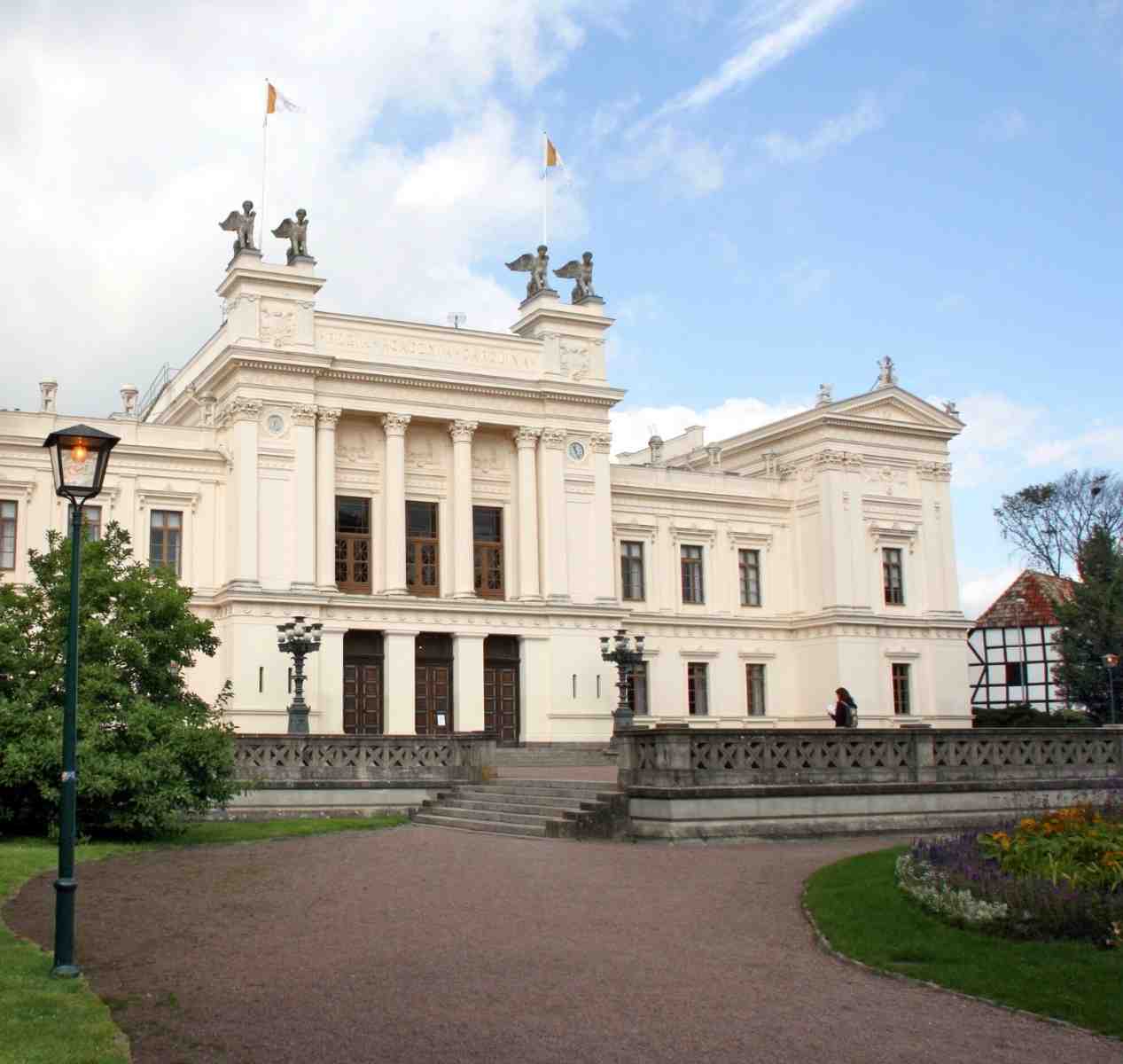
Why Sweden
Fields of study
Universities and fields of study
Living and study costs
Jobs and scholarships
Application for Studies in Sweden
Study in Sweden
Sweden offers not only a high standard of living, great career prospects, but also an education of the highest standard. More than 1000 courses taught entirely in English are waiting for you! Sweden is also popular thanks to financial support for people from the EU. Find out more about the opportunities this country has to offer.
Why Sweden
Sweden is a combination of innovation with beautiful nature and care for the environment. It's a balanced country with great prospects. It is an open and tolerant country. A country for the 21st century. Sweden is known for its openness to the international community, and its education system is no exception. More than 30 thousand students from all over the world study in this Scandinavian country. Universities in Sweden have centuries-old, rich academic traditions dating back to the 15th century, and the country has been famous for awarding the Nobel Prize since 1901. Studies here are free of charge, and the number of courses offered in English is over 600!

Fields of study
Sweden offers a large number of master’s degrees and a large number of bachelor’s degrees. Here you will find, among others, business, IT, medical, humanities, art or engineering. Here are some examples of undergraduate programs in Sweden:
International Programme in Politics and Economics, Human Rights, Forest and Landscape, Interaction Design, Molecular Bioinformatics, International Tourism Management, Marketing Management.
Remember that the application deadline for most courses is already January 15th – it is worth to prepare your application in advance :)

Universities and fields of study
In Sweden, you can study at 39 universities. Swedish universities are well funded, thanks to which the university’s infrastructure and equipment gives students a lot of opportunities and makes education more enjoyable.
Studying in Sweden is characterised by a friendly and less formal relationship between lecturers and students than in Poland – this contributes to the disappearance of barriers, shyness and promotes fruitful and open academic discussions. Building a friendly atmosphere of cooperation, respect and understanding are elements for which Swedish universities are known all over the world. Among the best Swedish universities are: Uppsala University, Stockholm University, University of Gothenburg, Royal Institute of Technology, Chalmers University of Technology, Lund University, Karolinska Institutet. Which one of these colleges do you want to study at?

Living and study costs
As a citizen of the European Union, you have the privilege of free education in Sweden. On the other hand, the cost of living in Sweden can be relatively high. According to government sources, the cost of living starts at around SEK 8,700 per month (about PLN 4,000), which is comparable to the cost of living in many Western European countries). In many cases, this amount may be slightly higher and reach up to 11,500 SEK per month (about 5150 PLN).
Average monthly cost of living for a student in Sweden:
- Food: 2. 000 - 3. 000 SEK
- Accommodation 2. 500 - 6. 500 SEK
- Public transport and travel: 550 SEK
- Telephone/internet: 300 SEK
- Other expenses 1. 000 - 2. 500 SEK

Jobs and scholarships
One of the most popular forms of financial support for students is a grant and student loan granted by the Central Student Commission (Centrala Studiestödsnämnden, CSN) . To receive it, you must meet at least one of many criteria – the one that most European students meet is working at least 10 hours per week. The maximum grant amount is: 840 SEK per week (about 360€/month), while the student loan is 1932 SEK per week (about 850€/month).
A detailed list of criteria for granting financial support can be found on this page: link
While there is no official limit on the number of hours you can work during your studies, it is important to remember that you will be spending about forty hours per week attending lectures, reading, learning, and homework. The lowest hourly rate is usually 113 SEK (about 11€).

Application for Studies in Sweden
Application for Studies in Sweden
Do you know that Sweden is the right choice for you? Are you wondering how the application process works in this country?
Below you will find the most important information about applying to study in Sweden:
First, if you study within the Polish education system, for most universities you can only apply a year after graduating from high school. This is because the results of the Polish final exams (Matura) are published after the official deadline for submitting them in Sweden (the exception is the IB program). Keep in mind that this may depend on the year and the university (there are exceptions!). You can contact us regarding this matter.
During the application process, your final exam results (Matura) and the subjects you take at the extended level are what matter.
A language certificate is not required in most cases.
You may be asked to provide a CV, a motivation letter, an essay, reference letters, or even attend an interview. These documents can often have a significant impact on the success of your application (although final exams and grades are also important in Sweden).
Applications for some programs must be submitted by January 15, while for others the deadline is April 15 (this applies to most programs). You also need to rank your chosen programs according to your priorities.
For some programs, the earlier you apply, the higher your chances. That’s why it’s worth starting preparations as soon as possible!
If you want your application to be taken care of by a team of specialists who will guide you through the entire process from A to Z, contact us or book a free consultation :)



